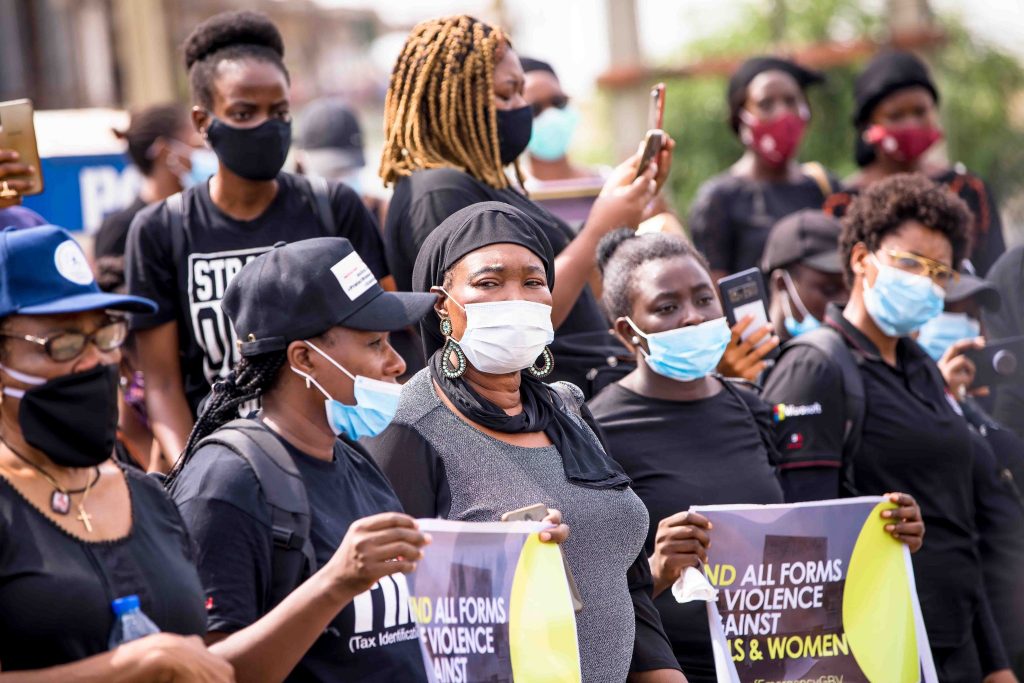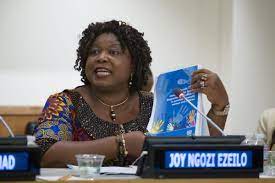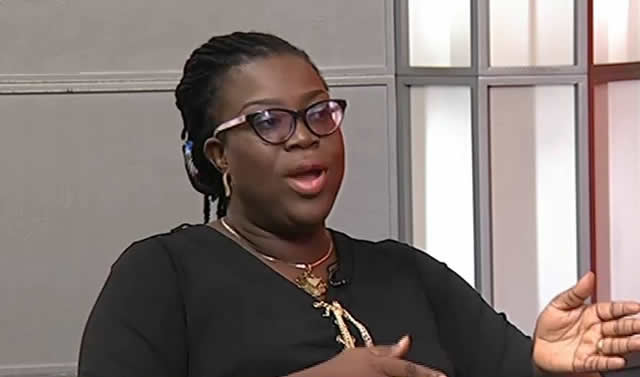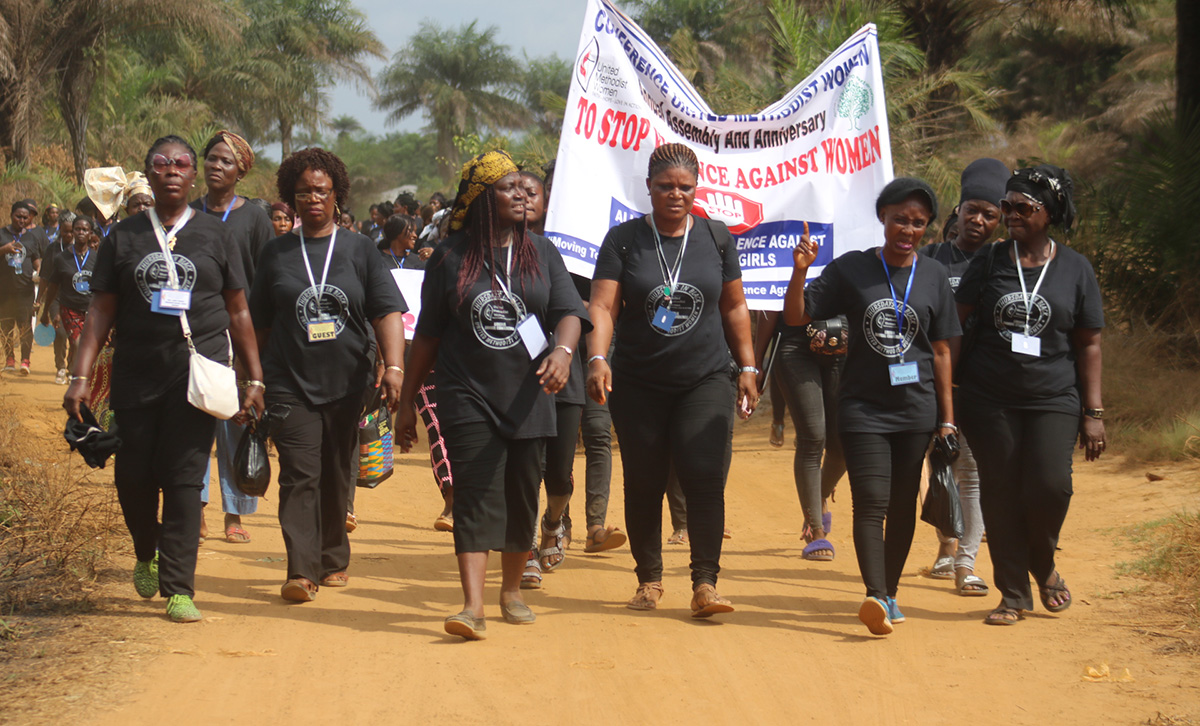Stakeholders task media on fight against Sexual and Gender-Based Violence through data-driven reporting

By Daniel Adaji
Stakeholders at the public presentation of the media justice status report on Sexual and Gender-Based Violence (SGBV) in Nigeria titled ‘Missing data, missing justice’ held virtually by the Wole Soyinka Centre for Investigative Journalism (WSCIJ) on Wednesday 21 September 2022 have urged the media to lead the fight against SGBV in the country through data-driven reporting.

Prof Joy Ngozi-Ezeilo
Joy Ngozi Ezeilo, professor of law and former United Nations Special Rapporteur on trafficking in persons, who also chaired the event, commended WSCIJ for leading conversations on SGBV through evidence-based data.
She said the report will help stakeholders appreciate the challenges faced by SGBV victims and survivors in accessing justice.
“You can begin to appreciate the surreptitious nature of this violence and how this impacts women’s human rights. I think this is the type of evidence that we need.
During the COVID-19 era, the spike in SGBV cases was alarming. Tracking cases through the media is important because it gives you a glimpse into the magnitude of the problem and the repercussion for women in Nigeria,” Ezeilo said.
Tracking cases through the media is important
In her review of the report, Abiola Akiyode-Afolabi, a lawyer and Executive Director of Women Advocate Research and Documentation Centre (WARDC), lauded WSCIJ for the effort to monitor 14,004 stories on women and girls and sample 91 of the stories for their justice status.
She affirmed that the report is an important tool for the media to hold governments accountable. She identified some gaps in the records of the police and courts based on the report.

Dr Abiola Akiyode Afolabi
She said 88 of the 91 cases sampled were reported to the police and other law enforcement agencies. 56 of the 88 cases were charged to court; 14 were not, and 18 cases could not be traced.
Motunrayo Alaka, Executive Director/CEO of WSCIJ, explained that the report was developed to underscore the implications of missing evidence in justice administration on SGBV.
She noted that the report produced with support from Open Society Foundations (OSF)-Africa under the 2021 Report Women! Female Reporters Leadership Programme (FRLP) spanned three years (2018-2021) and unravelled the extent of poor documentation of SGBV in the value chain of justice.
Missing evidence in the value chain for SGBV causes delay in justice administration and delivery
In his goodwill message, Paul Adeyeye, Programme Coordinator, OSF-Africa, said missing evidence in the value chain for SGBV causes delay in justice administration and delivery, leaving justice seekers frustrated and disappointed.

Groups campaign against sexual based violence against women
Lending her voice to the importance of evidence-based reporting in combating SGBV cases, Toun Okewale Sonaiya, Executive Director, Women Radio, noted that the media must empower women to speak up through advocacy. She appealed to the media to thoroughly research cases of SGBV to avoid being the missing link in justice delivery.
Phil Nneji, Chairperson, International Federation of Women Lawyers (FIDA) Lagos chapter, said the report title is apt as it shows the importance of adequate data to mete out justice.
She noted that evidence is very key, and lack of evidence means death of SGBV case on arrival. On his part, Chido Onumah, Coordinator, African Centre for Media and Information Literacy; commended WSCIJ for the report and expressed the need to have a roundtable of stakeholders to further dissect the issues of denied justice and make sure perpetrators are brought to book.
Evidence is very key, and lack of evidence means death of SGBV case on arrival
Other Stakeholders at the event included Bimbo Oloyede, veteran broadcaster; Lekan Otufodunrin, Executive Director, Media Career Development Network; Ajibola Amzat, Managing Editor, International Centre for Investigative Reporting (ICIR); Peter Iorter, Executive Director, Safer-Media Initiative; and Kaneng Rwang-Pam, Researcher at African Women in Media (AWiM).
They stressed the need for training to improve SGBV reportage and establish SGBV desks in media organisations. They also advocated naming and shaming of perpetrators and their enablers, as well as continuous media advocacy to drive a change.
The Insight Report
Nigeria Coverage



